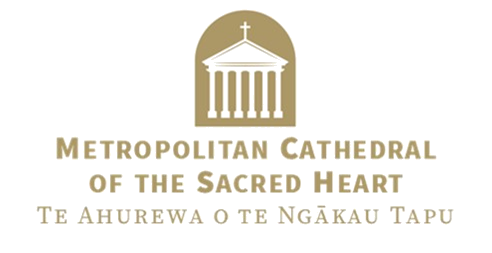Mercy and Faithfulness
The Psalm in today’s readings – usually numbered Psalm 84 – has long been a personal favourite. It speaks of God’s mercy and faithfulness, but also of justice and peace. Its language echoes that of the Prophets, and indeed today’s first reading is from the prophet Amos. Amos is a short book, but has some sharp things to say about those who exploit others for their own advantage. Like the psalm, Amos speaks of God restoring the fortunes of the people. There are themes in both about living in right relationship with each other and with the earth.
The gospel, from Mark, has Jesus sending the Twelve out to preach repentance. Rowan Williams, the former Archbishop of Canterbury, writes in a little book on Mark that this short gospel is not just a collection of edifying stories, but ‘a book which repeats on every page that summons to metanoia [repentance], to a change of mind’ – a change of heart. Another writer, Megan McKenna, reminds us that Mark ‘is about liberation, about freedom and hope for justice and peace’.
Mercy and faithfulness… justice and peace. As we look around our country and our world, all these often seem in short supply. Elsewhere in Amos (5:21-24) the Lord says that rituals and sacrifices aren’t much use and what is wanted is to ‘let justice flow like water, and righteousness like an ever-flowing stream’. But the message is of hope as well as of exhortation: ‘justice shall march before [the Lord], and peace shall follow his steps’. That said, hope is not an easy option. I like the American Jesuit Daniel Berrigan’s First Commandment for the Long Haul: ‘call on Jesus when all else fails. Call on Him when all else succeeds, too, except that never happens’.

It’s sometimes said that Catholic Social Teaching, on justice and peace, is the church’s best-kept secret. I heard this remark last weekend at a hui at Our Lady’s Home of Compassion, reflecting on the Treaty of Waitangi. Caritas Aotearoa has a very useful web page on this social teaching. The themes are Participation, the Common Good, Distributive Justice, the Preferential Option for the Poor and Vulnerable, Human Dignity, Stewardship, Solidarity, Subsidiarity, and Promotion of Peace. See more at https://www.caritas.org.nz/catholic-social-teaching. And may mercy and faithfulness meet, justice and peace embrace, in our world, in our time.
Jim McAloon


